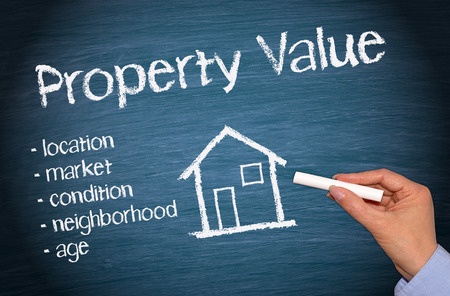
There are lots of reasons to get a property valuation. For example,
- You might want to know what price to market your property at
- You might want to know what offer to make on a property you want to buy
- You might want advice on what renovation projects would add value to your property and what projects might result in over-capitalisation
- Your lending institution might require a valuation – they need to know if they are lending against a market value, and that they can recover the outstanding loan if you can’t meet your loan obligations.
How does a valuer decide how much my property is worth?
Valuers usually do a thorough property inspection. They measure and take notes about construction, features, condition, layout, access and so on. They also look at title restrictions, zoning and general location. They then compare the property to other properties in the area that have recently sold.
Can’t I get this information from a real estate agent for free?
Sometimes. A real estate agent provides some of these details. Their aim, though, is generally to gain a listing or a sale. A registered valuer, however, is legally obliged to provide factual unbiased information. That is why many lenders require a valuation by a registered valuer.
Some believe that valuers may be influenced by the banks that employ them and therefore may be overly conservative depending on the credit market and whether the lender is wanting to grow their portfolio or not. At the end of the day, although valuations can be valuable tools its important to remember the only true value (of any asset) is what someone is willing to pay for it.